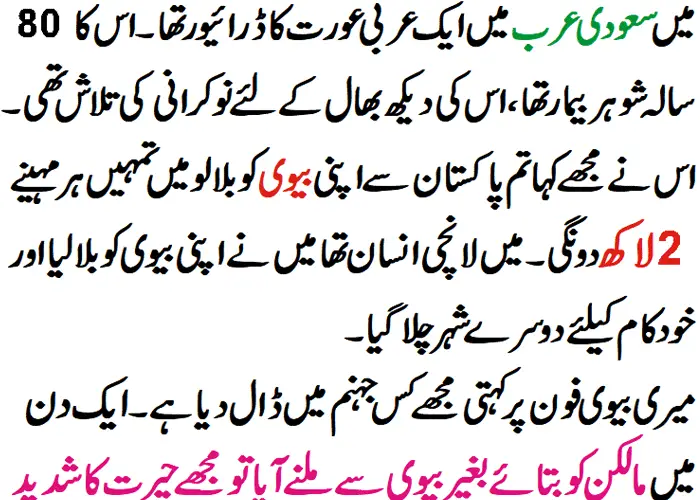
Diabetes is a condition that affects millions of people worldwide. Managing it effectively involves not just medication but also carefully considering what you eat. The good news is that a simple, balanced diet can make a significant difference in managing blood sugar levels and overall health.
There are two main types: Type 1 and Type 2. Type 1 diabetes is an autoimmune condition where the body does not produce insulin. Type 2 diabetes is more common and occurs when the body becomes resistant to insulin or doesn’t produce enough.

Insulin is a hormone that helps cells absorb glucose (sugar) from the blood for energy. Without enough insulin or if the body can’t use it effectively, glucose stays in the blood, leading to high blood sugar levels. This can cause various health problems over time, including heart disease, kidney disease, and nerve damage.

Key Principles of a Diabetic Diet
A healthy diet for diabetics focuses on controlling blood sugar levels, maintaining a healthy weight, and preventing complications. Here are some fundamental principles:
Balance Your Meals: A balanced meal includes a mix of carbohydrates, proteins, and fats. This helps in managing blood sugar levels effectively.
Carbohydrate Control: Carbs have the most significant impact on blood sugar levels. Choosing the right types and amounts of carbs is crucial.
Portion Size: Controlling portion sizes helps prevent overeating and helps in weight management.
Regular Eating Schedule: Eating at regular intervals helps in maintaining stable blood sugar levels.
What to Eat
1. Healthy Carbohydrates
Not all carbs are bad. Focus on complex carbohydrates that break down slowly, providing a steady source of energy without causing sharp spikes in blood sugar. Examples include:
- Whole Grains: Brown rice, whole wheat, quinoa, oats
- Vegetables: Especially non-starchy ones like broccoli, spinach, and peppers
- Legumes: Beans, lentils, chickpeas
- Fruits: Apples, berries, oranges (in moderation)
2. Fiber-Rich Foods
Fiber helps slow down the absorption of sugar, keeping blood sugar levels stable. High-fiber foods include:
- Vegetables: Carrots, peas, sweet potatoes
- Fruits: Berries, pears, avocados
- Whole Grains: Oats, barley, brown rice
- Legumes: Beans, lentils
3. Lean Proteins
Proteins do not affect blood sugar levels much, making them a good choice for diabetics. Opt for:
- Fish: Especially fatty fish like salmon, which is rich in omega-3 fatty acids
- Poultry: Chicken and turkey (without the skin)
- Plant-based Proteins: Tofu, tempeh, beans, and legumes
- Low-fat Dairy: Yogurt, milk, cheese
4. Healthy Fats
Healthy fats are essential for overall health and can help manage cholesterol levels. Choose:
- Nuts and Seeds: Almonds, chia seeds, flaxseeds
- Avocado: A good source of monounsaturated fats
- Olive Oil: Use it for cooking or as a salad dressing
- Fatty Fish: Like salmon and mackerel
Foods to Avoid
Certain foods can cause blood sugar levels to spike and should be limited or avoided:
- Sugary Drinks: Soda, sweetened coffee and tea, energy drinks
- Processed Foods: Chips, cookies, pastries, and other snacks
- Refined Carbohydrates: White bread, pasta, and rice
- High-fat Meats: Bacon, sausage, and other processed meats
- Full-fat Dairy: Whole milk, full-fat cheese, and cream
Sample Meal Plan
Here’s a simple meal plan to help you get started:
Breakfast:
- A bowl of oatmeal topped with fresh berries and a sprinkle of chia seeds
- A cup of green tea
Mid-Morning Snack:
- A small apple with a handful of almonds
Lunch:
- Grilled chicken breast with a side of quinoa and steamed broccoli
- A mixed green salad with olive oil and lemon dressing
Afternoon Snack:
- Carrot sticks with hummus
Dinner:
- Baked salmon with a side of roasted sweet potatoes and sautéed spinach
- A small serving of brown rice
Evening Snack:
- A small bowl of Greek yogurt with a few slices of fresh fruit
Tips for Success
- Plan Your Meals: Planning helps you make healthier choices and avoid last-minute unhealthy snacks.
- Stay Hydrated: Drink plenty of water throughout the day.
- Monitor Blood Sugar Levels: Regularly check your blood sugar to understand how different foods affect you.
- Stay Active: Combine your healthy eating with regular physical activity.
Managing diabetes through diet doesn’t have to be complicated. You can effectively manage your blood sugar levels and maintain overall health by focusing on balanced meals, healthy carbs, fiber-rich foods, lean proteins, and healthy fats.






